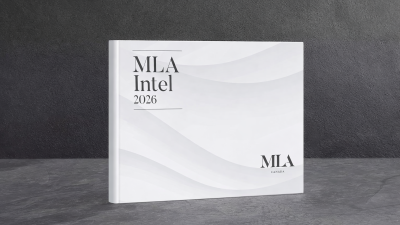Owning an investment property can be a profitable asset and it is a great way to create financial security for you and your family. Here are a few things to take into consideration before you commit to a property.
What are your expectations?
It’s important to think about why you want to purchase an investment property. Are you hoping to flip a home for a quick profit? Is this a 5-year investment to help you work your way up the real estate ladder? Or is this a long term investment for future financial security? Make sure you know exactly what you want out of the property.
How much commitment is a rental property?
Do your research to ensure you understand the running expenses that come with owning an investment property, such as property taxes, ongoing maintenance, strata fees and mortgage insurance. On top of the financial commitment is time. Consider what kind of landlord you will be and the amount of time that goes into managing a rental property. If landlord responsibilities are too much for you, property manager is an option, but this will be an additional monthly expense to consider. Contact a company such as ADVENT Property Management to find out how much it would cost; they offer free rental rate assessments.
Crunch the numbers
- Get your financial house in order – Sit down with a financial advisor to go over your financial situation. A financial advisor will help you gain insight on ways to maximize your cash flow, as well as tips to make yourself a more attractive candidate for pre-approval. For example, have your credit cards paid off and minimize other existing debt such as car and student loans.
- Go to the bank and get pre-approved – Meeting with your bank to get pre-approved is important as it will then dictate what you can afford. From this you will be able to set a realistic budget.
- Coming up with a deposit - It is recommended to have at least a 20% deposit on your investment property in order for the venture to be financially worthwhile. If you do not have the cash, another way to come up with the deposit is by leveraging the equity in your home.
For example, the value of your existing home is $500,000 and your mortgage balance is $300,000. The difference between the two, $200,000, is your home equity. As an investor, it is possible to access up to 80% of your home’s equity. So, in this example, you have $160,000 to put towards your down payment. You would then need to finance the remaining balance.
If you feel like an investment property is right for you, it's time to get going on the fun part — finding the right investment home for you! Employ a realtor that you trust and who understands you and what it is you’re looking for. Also, start shopping new home presentation centres as there are additional benefits in investing in a pre-sale property. Happy investing!



